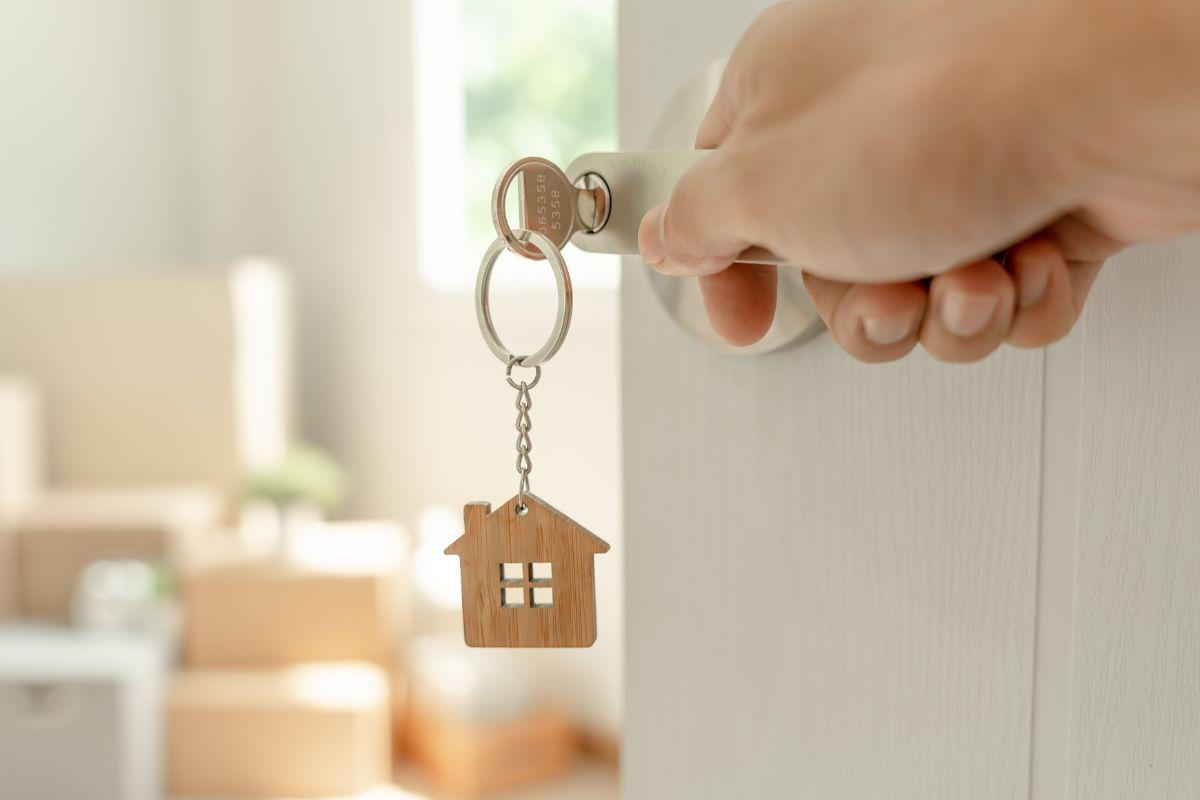This site uses cookies to provide functionality like user accounts, shopping carts and content personalisation. For more information see our cookie policy.

Contrary to much of the UK’s media narrative, conditions of privately rented homes have vastly improved recently. In fact, figures indicate that there has been an impressive 21% decrease in ‘non-decent’ PRS properties across Britain in the last decade- championing the efforts made by landlords. It’s true that social housing may be facing its challenges, however, we must not disregard the efforts made by many in the private sector. In this blog, we’ll explore why landlords have increased the standards of their properties and answer the question - how do property improvements benefit landlords?
Private rental sector properties have come a long way in the last 15 years! Investment from landlords has led to larger, more energy-efficient dwellings and contemporary designs. The 2023 report by Paragon Banking Group has highlighted a number of interesting improvement statistics in their survey of over 500 landlords:
Landlords are choosing to improve the quality of their properties for various reasons. In the survey by Paragon, landlords have outlined 5 key reasons why they have chosen to invest more in property upgrades.
1. 83% of landlords want to provide good quality homes for their tenants.
Most landlords have the well-being of their tenants in mind, prioritising providing quality homes to individuals and families nationwide.
2. 82% of landlords want to make their properties more appealing to tenants
Appealing properties can reduce void periods, increase rental income, and create a stable tenant base for long-term lets.
3. 66% of landlords want to increase their rental income
As a landlord, you'll want to be sure that your hard work pays off - and one of the best ways to guarantee success is making smart investments into your property. Upgrades are an easy way to turn potential profits into long-term income!
4. 58% of landlords want to increase capital value
As a landlord, investing in your property can have major benefits. Not only will you increase the sale price of your asset when it’s time to part with it, but doing so could also help offset existing debts and create additional capital value! Make sure to keep reading - our next section covers why this is an excellent decision for landlords.
5. 47% of landlords want to make their property more efficient
After years of speculation, it’s likely the government will announce that rented properties must meet a minimum energy rating of C by 2025. With this looming deadline in mind and rising energy costs across Britain, many landlords are already making the necessary improvements to ensure they remain compliant with EPC laws while providing tenants with more efficient homes.
Although money isn't the only motivation for landlords, financial gain from property investment is still a significant factor in building wealth. Landlords have much to benefit from by increasing their capital value and taking advantage of the returns available to them such as:
It’s clear from the figures that not all landlords are money-motivated, in-fact in most cases it’s not their number one priority. However, we must not disregard the importance of financial gain from property investment, and landlords have a lot to gain when it comes to growing capital value.
In the survey, hundreds of landlords were asked the same question: how do they finance property improvements? Keep reading as we reveal the three primary methods.
1. Property cashflow
Property cash flow refers to the amount of money generated from a rental property after all the operating expenses have been paid. A staggering 75% of survey respondents chose this as a way to fund property improvements.
2. Savings
For landlords looking to refurbish a property, using their savings is the second most popular choice - 51% opting for this option over taking out short-term finance options. Saving in advance seems to be an attractive prospect as it allows them to avoid paying interest rates on financing.
3. Releasing equity from another property
Many landlords are finding that releasing equity from another property is a more advantageous option than taking out personal loans, as it often carries lower interest rates. In fact, this method of obtaining additional funds has been voted one of the choices for almost one-quarter of landlords in the survey.
Undoubtedly, the rise in property improvements shows that landlords are working harder than ever before to provide quality housing, especially as energy performance requirements changes loom. If you’d like to book an EPC or learn more about how you can keep your property updated, get in touch today.